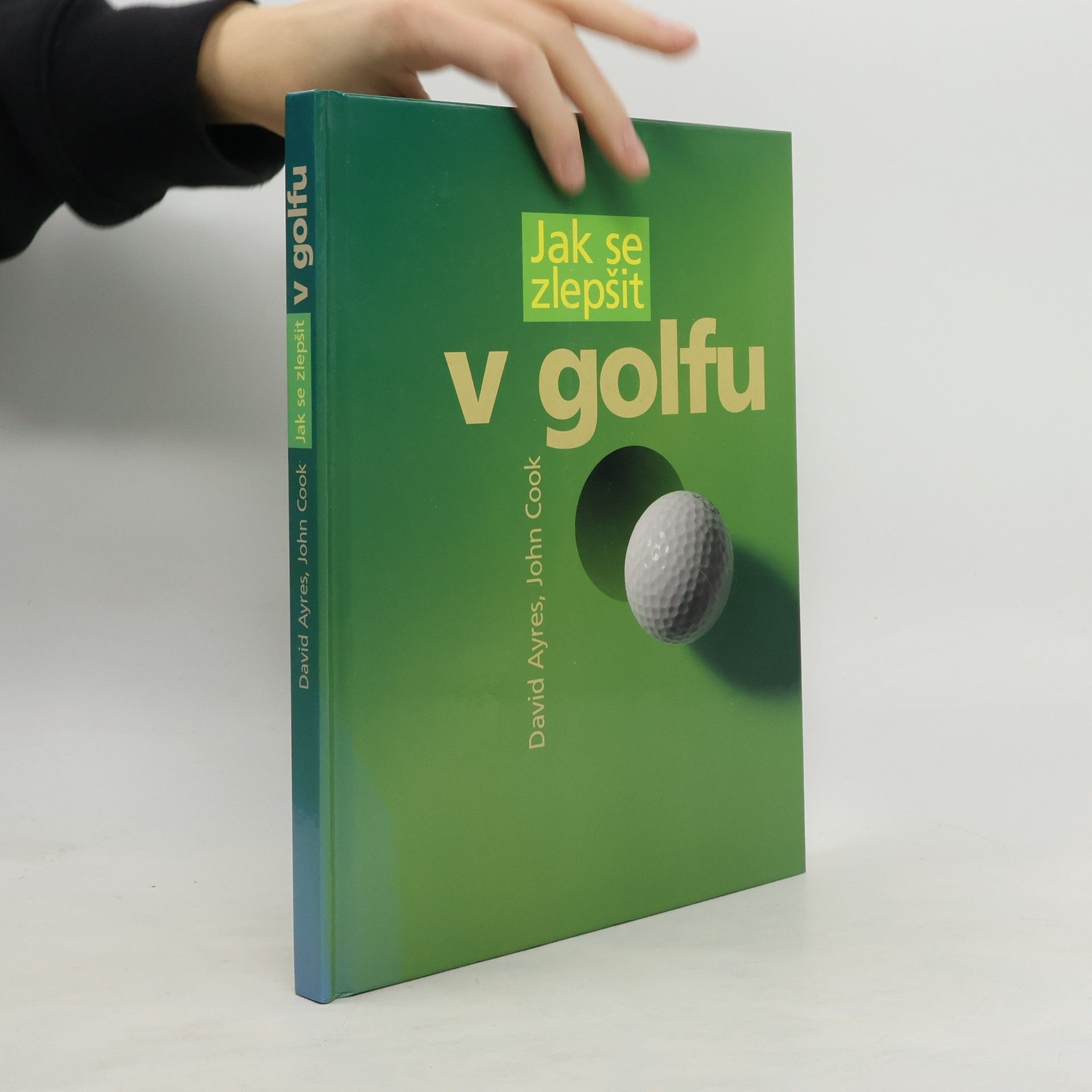Sucht & Süchtig
Gedichte
In diesen Texten verarbeitet John Cook seine 15 Jahre in der aktiven Abhängigkeit und erzählt von Dialogen mit der Sucht, Beschreibungen möglicher Überdosen und einem Besuch des Glückes höchstpersönlich. Lassen Sie sich inspirieren, einen genaueren Blick auf ihr Inneres zu werfen und begleiten sie den Autoren auf seinem Weg in ein neues Leben.


